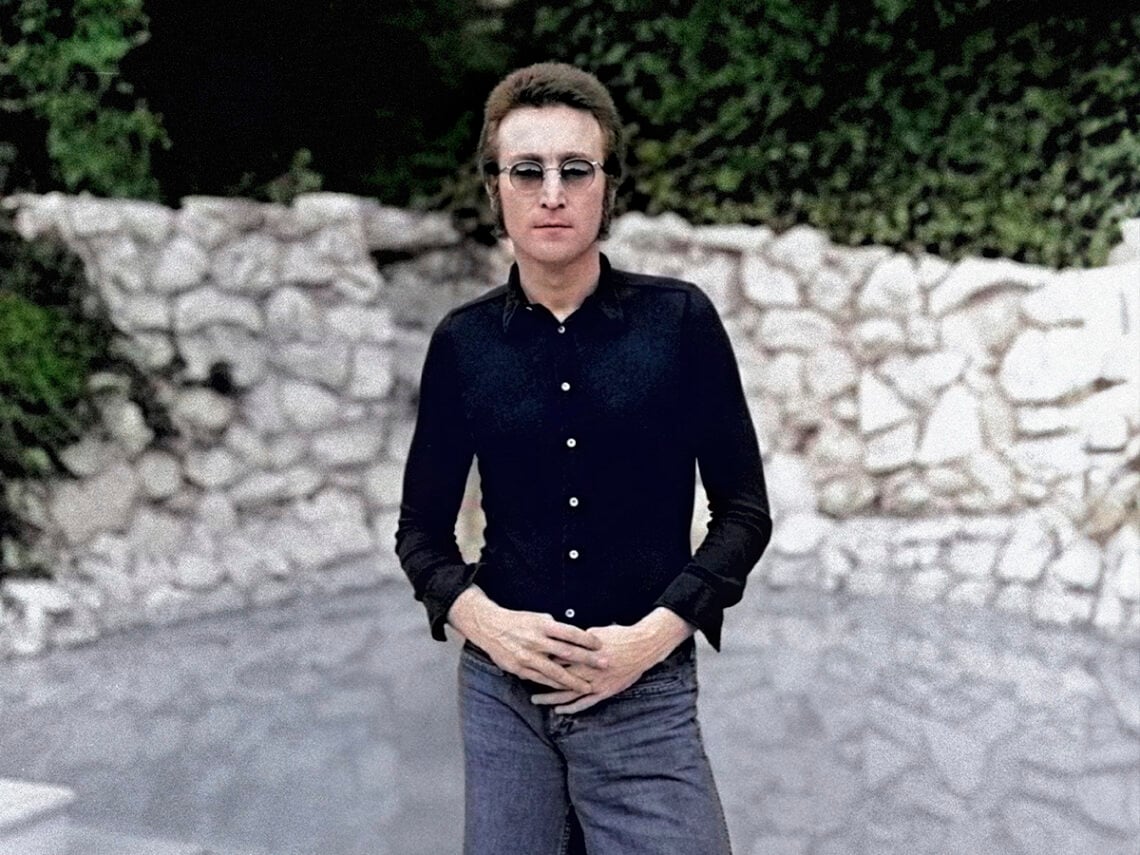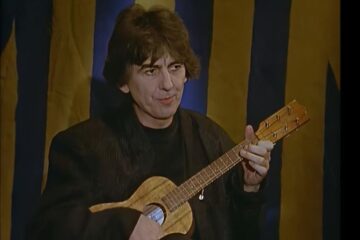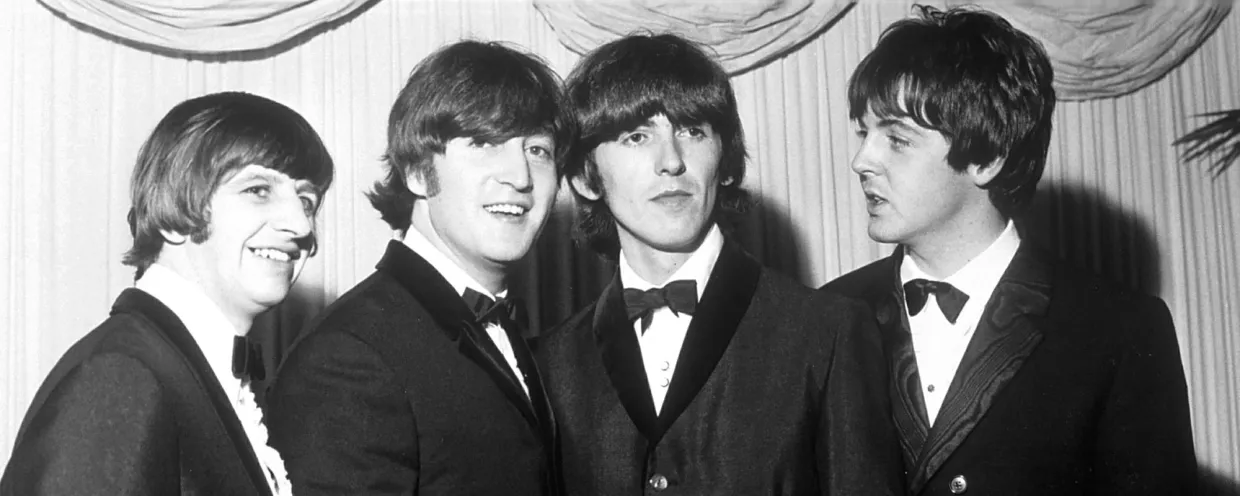In late 1966, The Beatles expanded their musical horizons like never before, recording two tracks that would usher in an era of sophisticated pop, which would retrospectively be given the moniker “progressive”. One of these tracks was Paul McCartney’s ‘Penny Lane’.
The song is an ode to the street McCartney frequented with the other Beatles in his teenage years. It features references to the various characters and pastimes therein, including a lewd act practised by local adolescents when they could get away with it.
It also features an element that Beatles producer George Martin later claimed in his book All You Need Is Ears “had never been done in rock music before”. A piccolo trumpet, typically heard in compositions by baroque composer Johann Sebastian Bach, overtakes the song’s melody midway through. The trumpet plays a technically complex solo that signals the increasing influence of classical music on the shape of pop music to come.
This solo is arguably the most prominent single application of a classical instrument throughout The Beatles’ discography. It needed a musician capable of playing the piccolo trumpet, a smaller and higher-pitched instrument than other trumpets, at a very advanced level. They needed to have a working knowledge of the baroque style that established its use, too.
Where did The Beatles find their soloist?
Step forward seasoned orchestral soloist David Mason, who had recently been the soloist for the English Chamber Orchestra when they performed Bach’s 2nd Brandenburg Concerto for the BBC. McCartney was on the lookout for a classical instrument that might work for the solo on ‘Penny Lane’. When he saw the BBC concert on television by chance, he decided he wanted a piccolo trumpet for his song.
Mason soon found himself being called over to Studio 2 on Abbey Road. He enjoyed recording with the four Beatles, who were all present during the studio session for his solo. He was paid 27 pounds and ten shillings for his work, which is around £500 in today’s money. It was certainly over the odds for an orchestral session musician at the time.
After achieving widespread recognition for his work with The Beatles, Mason taught trumpet as a professor at the Royal College of Music, which now awards a prize in his honour. In classical circles, he is better known as the performer of the flugelhorn solo in Ralph Vaughan Williams’s ‘Symphony No. 9’. The use of this instrument to lead a classical music piece was seen as a radical innovation at the time.
Still, for any musician in the world during the 1960s, it didn’t get bigger than performing with The Beatles. For all his achievements in the sphere of classical music, this eight-bar solo will be the one thing he’s best remembered for.



